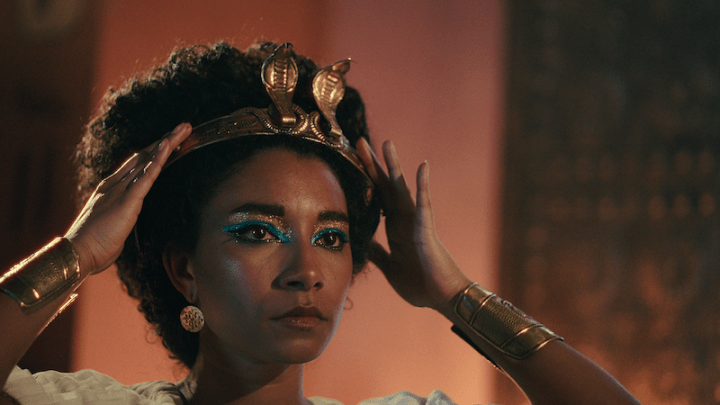It’s the worst thing to happen to Cleopatra since that snake in the mausoleum. Queen Cleopatra is the second season of African Queens, a revisionist Netflix strand touting itself as a documentary series on black monarchs.
Produced and narrated by Jada Pinkett Smith, it is an attempt to repackage history for a contemporary audience.
Already a subscriber? Log in
Subscribe for just $2 a week
Try a month of The Spectator Australia absolutely free and without commitment. Not only that but – if you choose to continue – you’ll pay just $2 a week for your first year.
- Unlimited access to spectator.com.au and app
- The weekly edition on the Spectator Australia app
- Spectator podcasts and newsletters
- Full access to spectator.co.uk
Or




















Comments
Don't miss out
Join the conversation with other Spectator Australia readers. Subscribe to leave a comment.
SUBSCRIBEAlready a subscriber? Log in